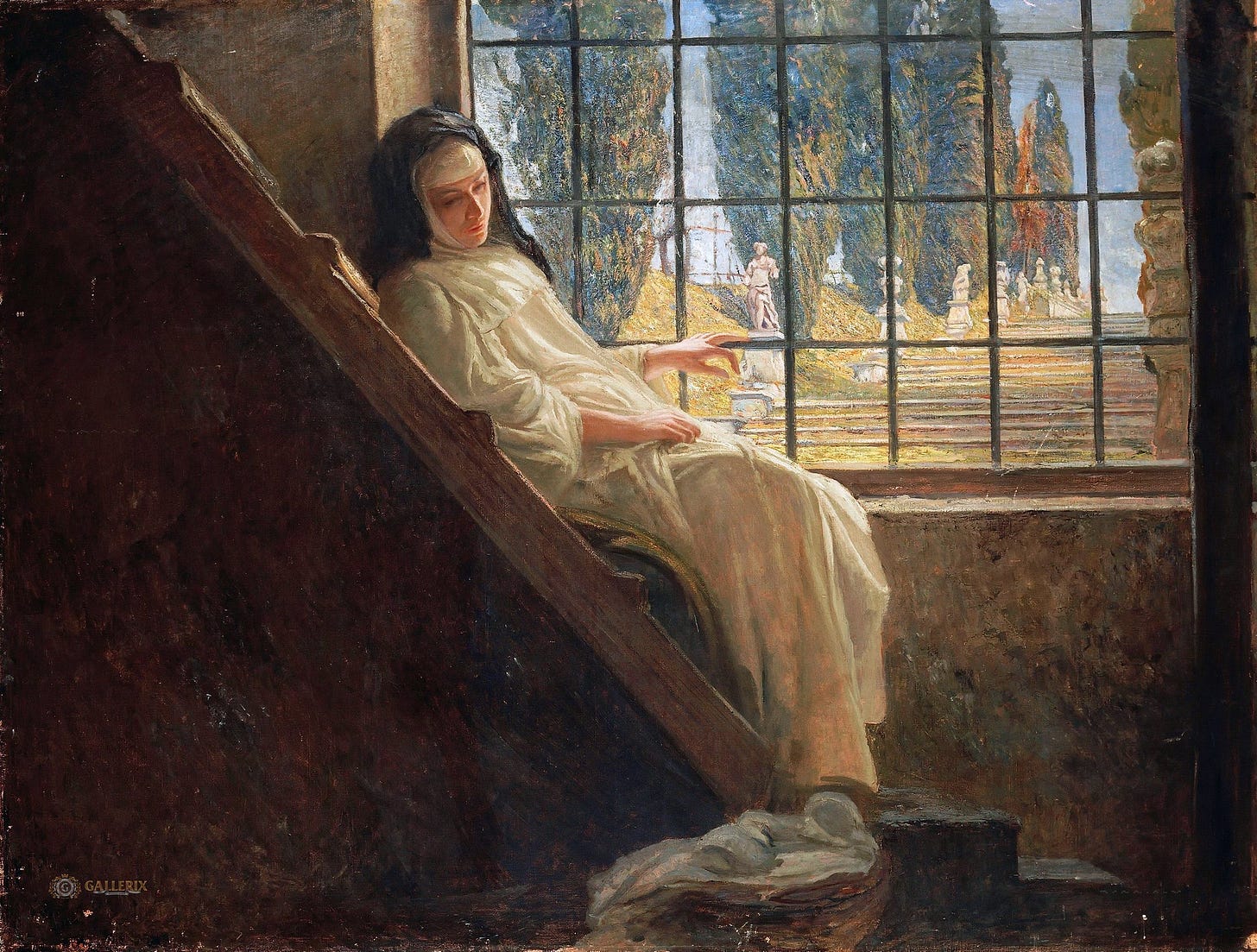Listen to the Silence
It’s a rare occurrence. Embrace it when you can.

“You have a grand gift of silence, Watson,” said he. “It makes you quite invaluable as a companion.”
— Arthur Conan Doyle, 1891
Twenty-four years ago this morning, history changed forever as the first of four commercial airplanes crashed within minutes of each other in downtown Manhattan , a field in rural Pennsylvania, and miliary headquarters in Washington, DC.
News coverage — in those years before social media — was wall to wall, with anchors and pundits giving us an endless stream of play-by-play commentary.
But it was the late ABC News anchor Peter Jennings, widely known and respected for his ability to calmly cover live events, who took a different approach with his team, as he later recounted:
“We went into silent mode. It was not necessary f…



